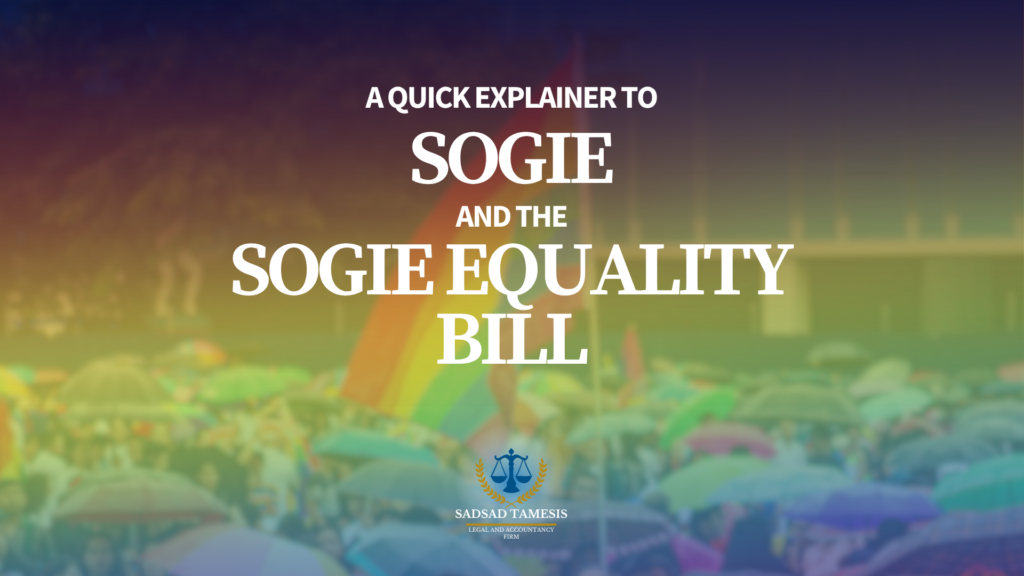Taxes 101: Simple Ways to Avoid Costly Penalties for Your Business
Paying taxes is a responsibility every business owner must take seriously. But let’s be honest—taxes can be confusing. Many small businesses struggle with tax filing, deadlines, and understanding the necessary steps to take. If you’re not careful, mistakes can lead to penalties, legal issues, or even business closure. The good news? Tax compliance doesn’t have to be complicated. This guide will break it down in simple terms, so you can avoid costly mistakes and focus on growing your business.
Taxes 101: Simple Ways to Avoid Costly Penalties for Your Business Read More »











